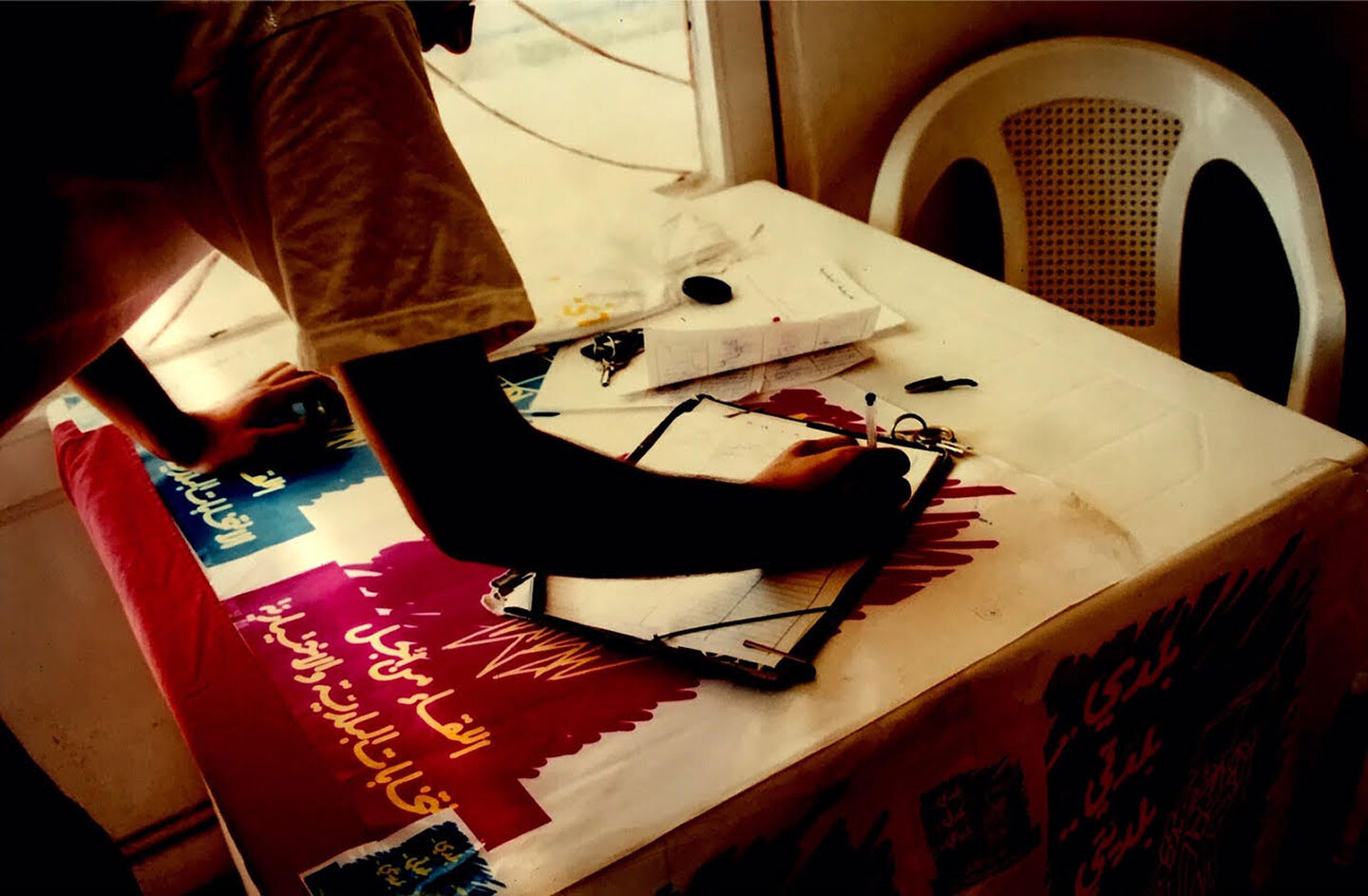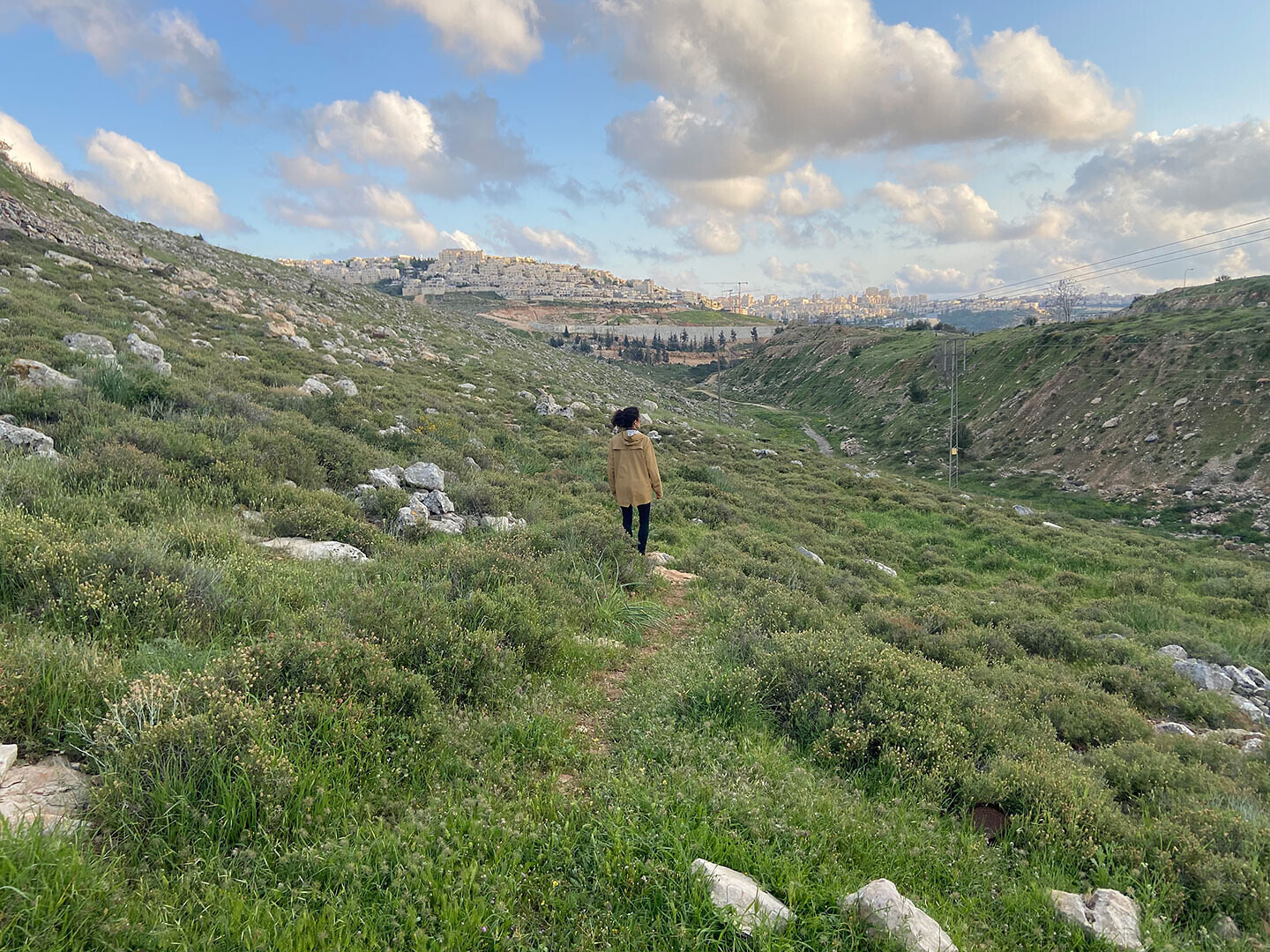Samer Frangie Read Bio Collapse
Samer Frangie is an Associate Professor in the Department of Political Studies and Public Administration at the American University of Beirut and a senior editor at megaphone.news.
Starting a few years ago, we had to confront ourselves as material beings. It began with the garbage crisis in Lebanon. The company responsible for managing our garbage was no longer able to control the dumps entrusted with keeping it out of sight. Rubbish accumulated on city streets, exposing the corrupt and deteriorating social structures responsible for managing waste. We tried to contain the scandal by returning the garbage to its rightful place, that is, out of sight. But we refused to learn the lesson that we are just part of a larger configuration.
It may be a cliché to say that the past, from the perspective of the present, looks like a field of ruins for the historian to excavate. But our past, then, was literally a field of ruins, not for excavation, but for reconstruction and pillaging. We emerged from the civil war into a violent reconstruction process, governed by a postwar settlement that was characterized by “state-sponsored amnesia,” and a genuine desire to forget past horrors. We rushed into the future because we had no past, at least no past that could provide us with a sense of belonging, meaning, or continuity with what had come before. We were the product of a rupture, and we became the vanguard by default.
Alison Kennedy
Editors








